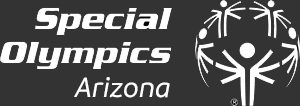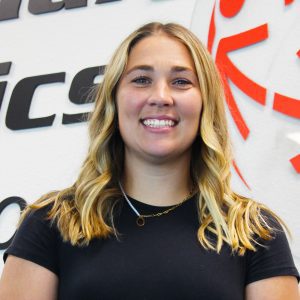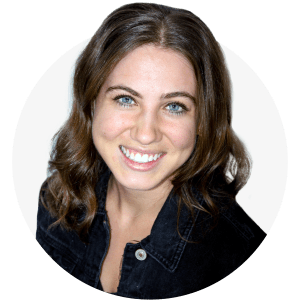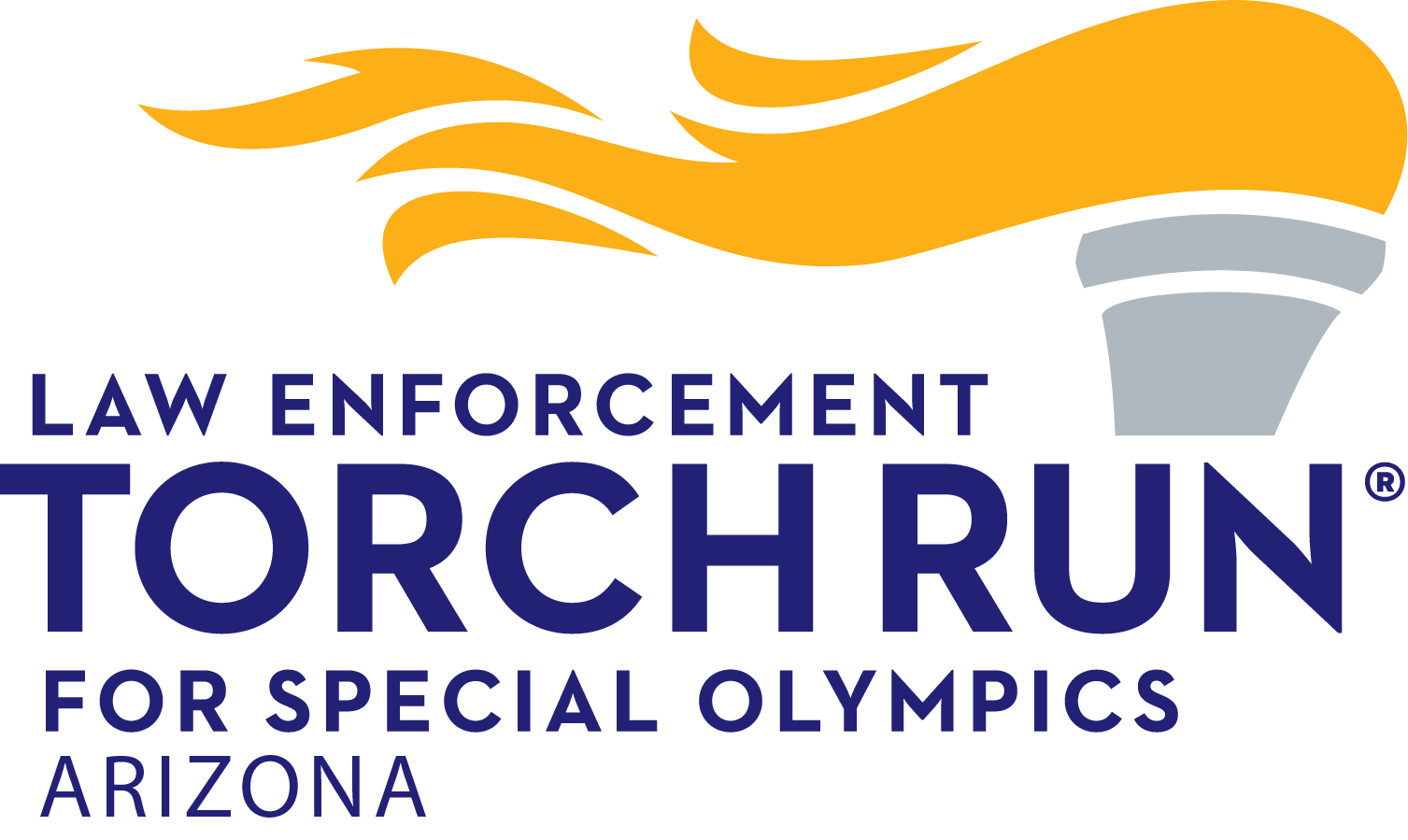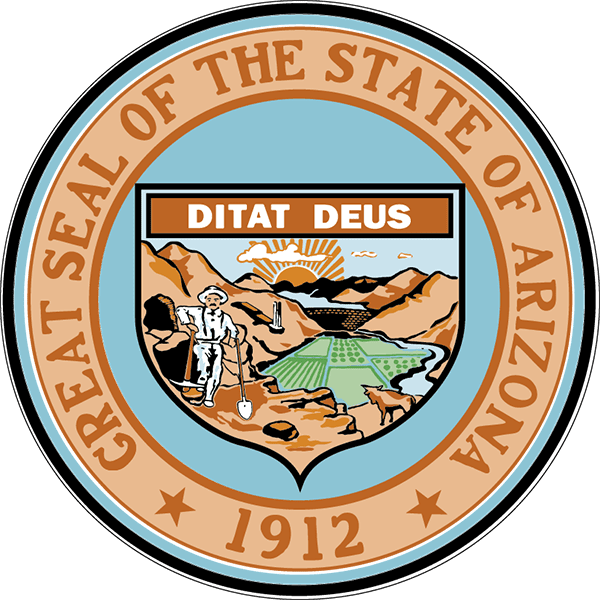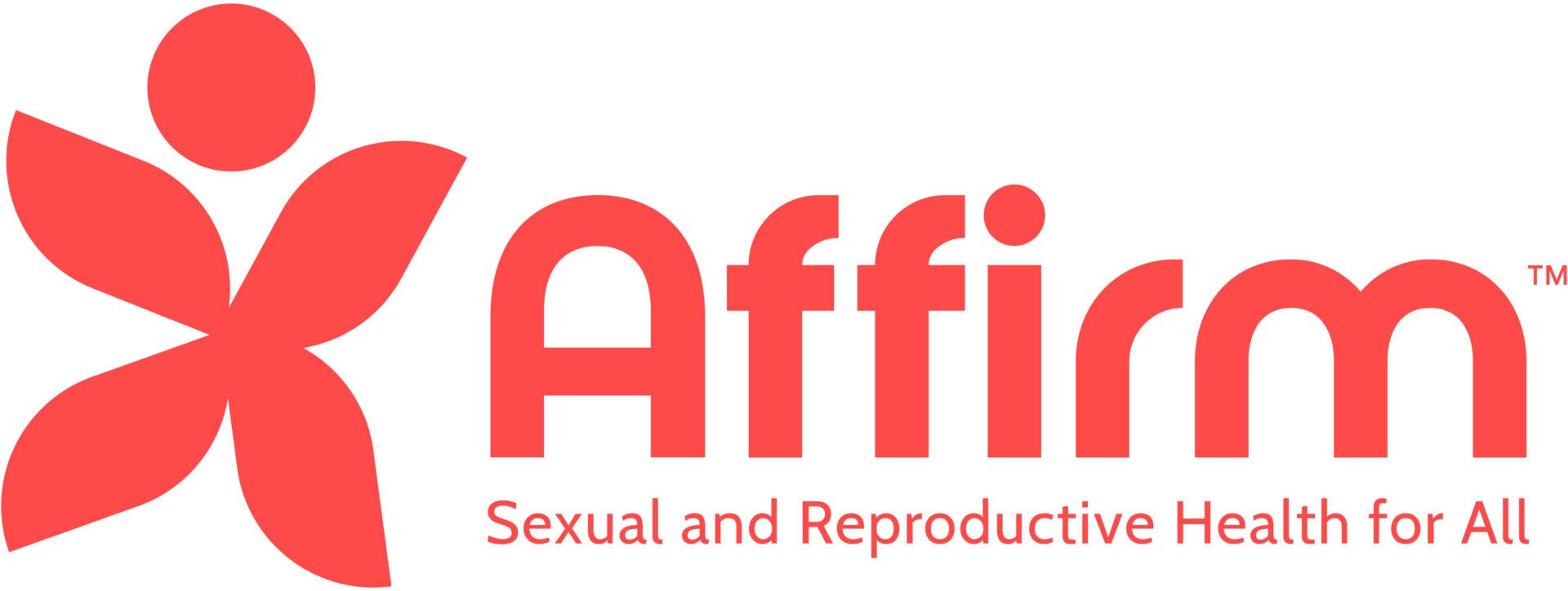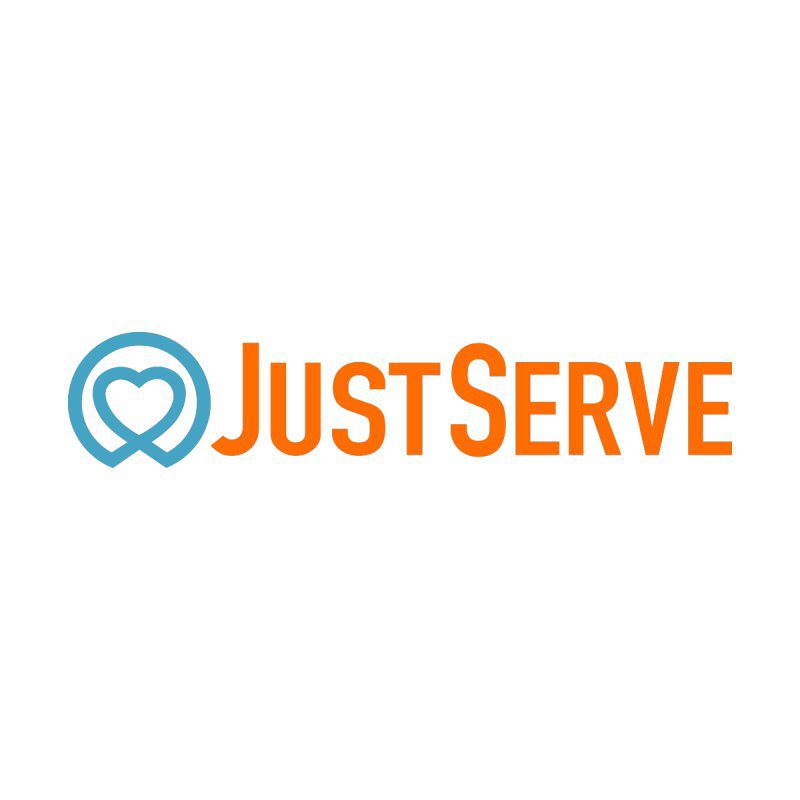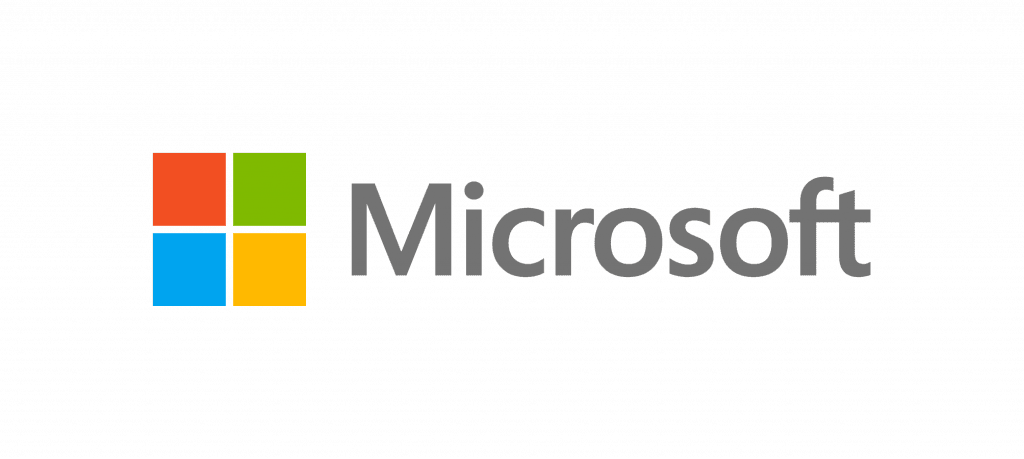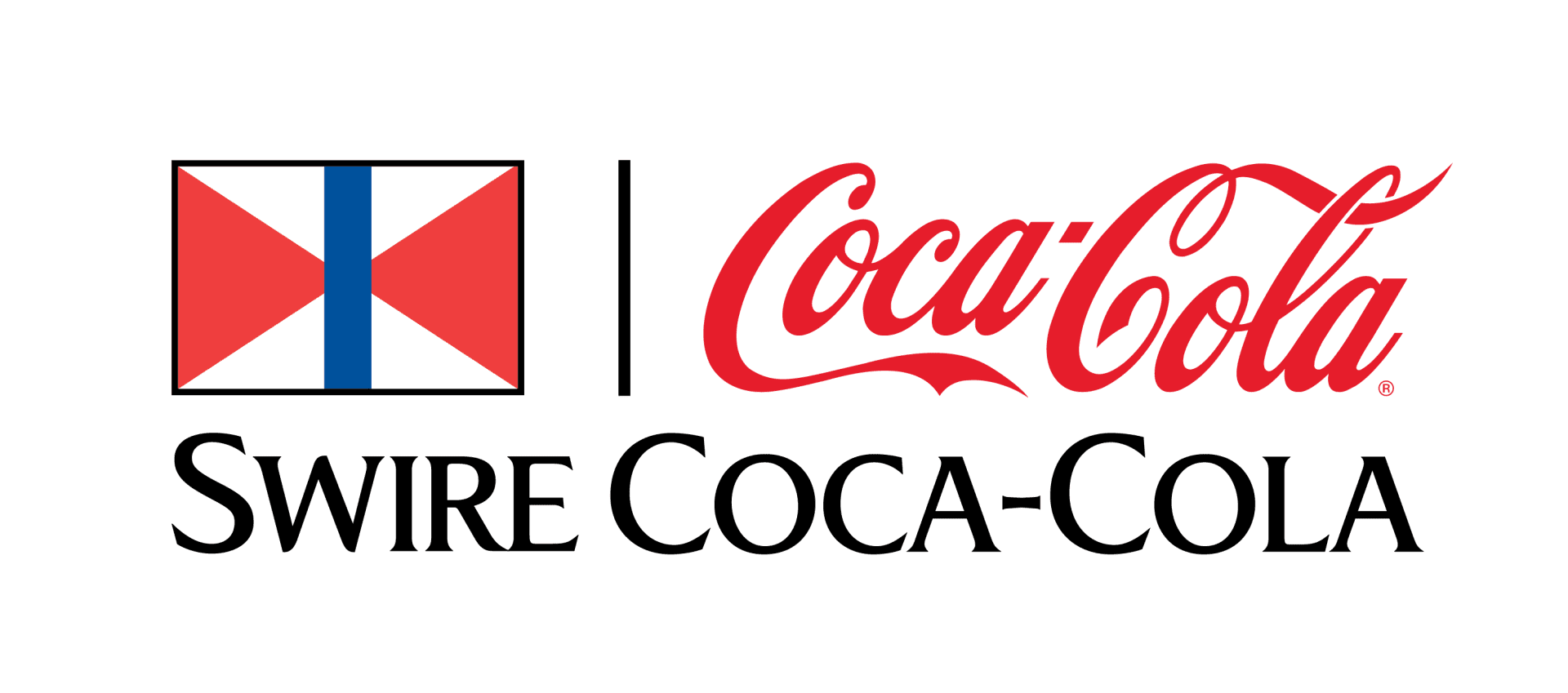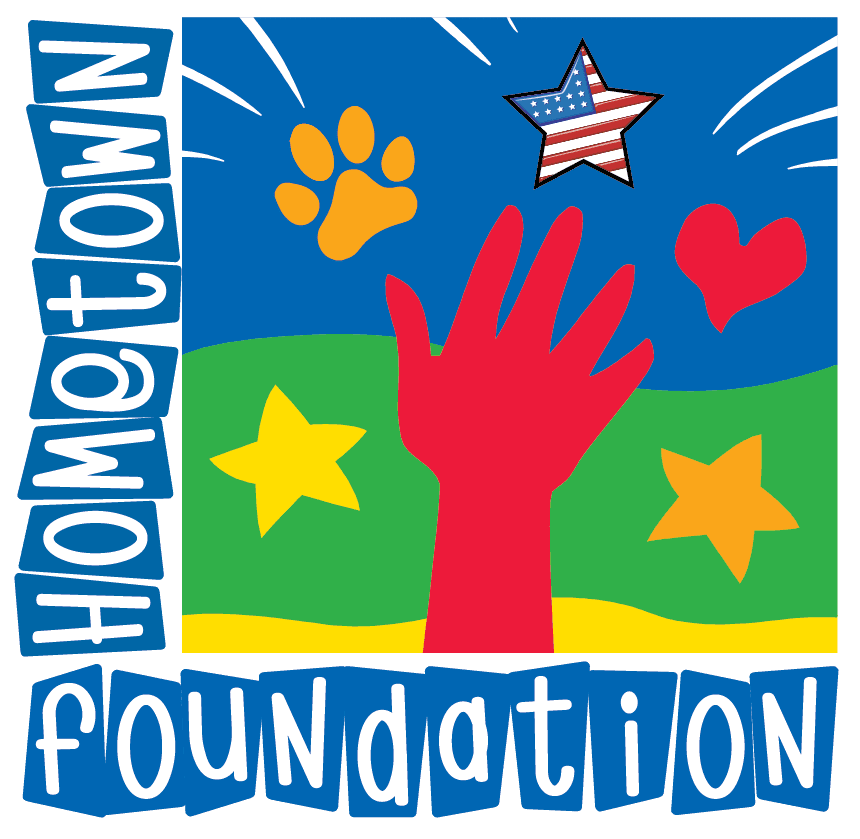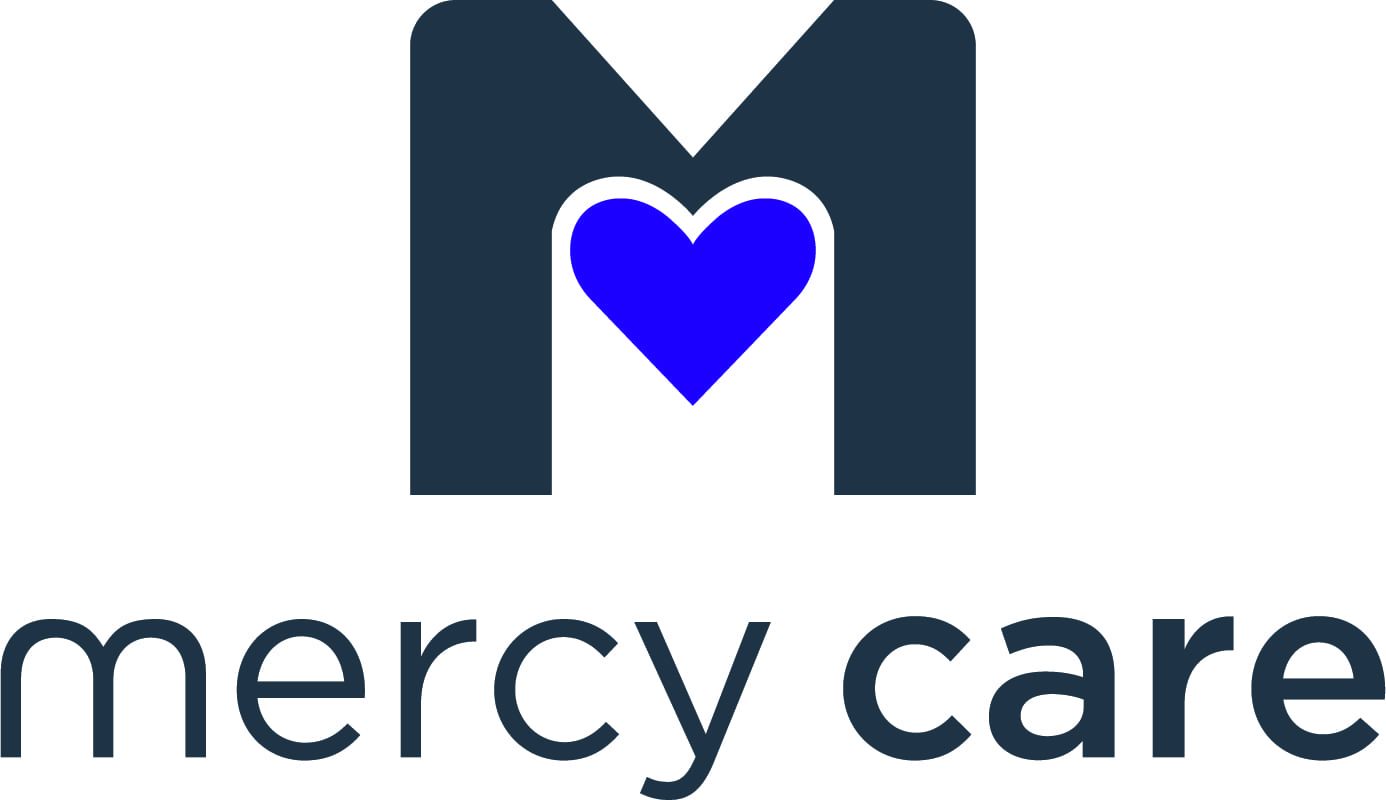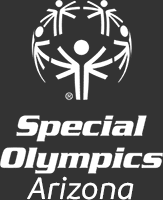INCLUSIVE HEALTH
Special Olympics Arizona’s (SOAZ) Inclusive Health Programs strive to expand those with intellectual disabilities access to health care and wellness resources from a series of single events, to a steady presence in the lives of our athletes and their families at a statewide level.
Special Olympics is the largest public health organization for people in intellectual disabilities (ID)
There is often a misconception that the poor health of people with ID is due to their disability. Research has shown that it is in fact a result of a breakdown in health education, health promotion, and health care. Special Olympics Arizona’s Health Programs works to address these problems to improve the health of our Athletes. SOAZ focuses on the basic health, wellness and education for persons with ID, as well as improving access to quality health care year around for Athletes in their own communities.
In 2016, Special Olympics Arizona received the Golisano Health Leadership Award and was recognized as a Healthy Community and joined a community with over 21,825 healthcare professionals and students to provide ongoing, community-based care for patients with intellectual disabilities. Healthy Communities is a model Special Olympics Health program made possible by the Golisano Foundation and addresses the severe health disparities faced by people with intellectual disabilities through immediate and long-term solutions.
HEALTHY ATHLETES
The Healthy Athletes Program provides free health screenings, education, and follow-up care for Special Olympics athletes in a welcoming, fun, and inclusive environment. All while changing the way future health professionals interact with people with intellectual disabilities.
Despite a mistaken belief that people with intellectual disabilities receive the same or better health care than others, they typically receive sub-standard care or virtually no health care at all. For every ten athletes on a Special Olympics team:
- 2 have never had an eye exam
- 4 need a new prescription for glasses
- 2 have potential hearing loss
- 4 have untreated tooth decay and 1–2 are in need of urgent dental care
- 2–3 have low bone density
- 6 are overweight and/or at risk for chronic health conditions
- 5 have problems with strength and 6 have problems with flexibility, placing them at risk for injury
- 5 have at least one kind of skin or nail condition
Presented By
HEALTHY LEAP
With nearly a decade of proven success, Special Olympics Arizona’s inclusive health education program, Healthy LEAP allows people with and without intellectual disabilities to experience increased physical activity, improved daily nutrition, heightened social engagement, and better emotional well-being.
The program is modeled to include health education, class activities, and supplemental resources. Designed to be taught in a six-to-eight-week format, Healthy LEAP focuses on four pillars (chapters) of health: Physical Wellness, Nutritional Wellness, Emotional Wellness, and Social Wellness. Participating programs receive free Coach’s Playbooks with lesson plans and activities and Athlete Playbooks for each participant to take notes, complete activities, and set personal goals.
HEALTHY RELATIONSHIPS
Special Olympics Arizona fully supports the idea that all people have the right to healthy and safe relationships. The mission of SOAZ’s Healthy Relationships program is to ensure that individuals with intellectual and developmental disabilities have the encouragement, tools, and knowledge to experience safe and healthy relationships by offering inclusive sexual health education, services, and resources.
This publication is supported by the Office of Population Affairs (OPA), in the Office of the Assistant Secretary for Health (OASH), of the U.S. Department of Health and Human Services (HHS) as part of a financial assistance award totaling $6.1 million with 100 percent funded by OPA/OASH/HHS. The contents are those of the author(s) and do not necessarily represent the official views of, nor an endorsement, by OPA/OASH/HHS, or the U.S. Government. For more information, please visit opa.hhs.gov
Program Managers
